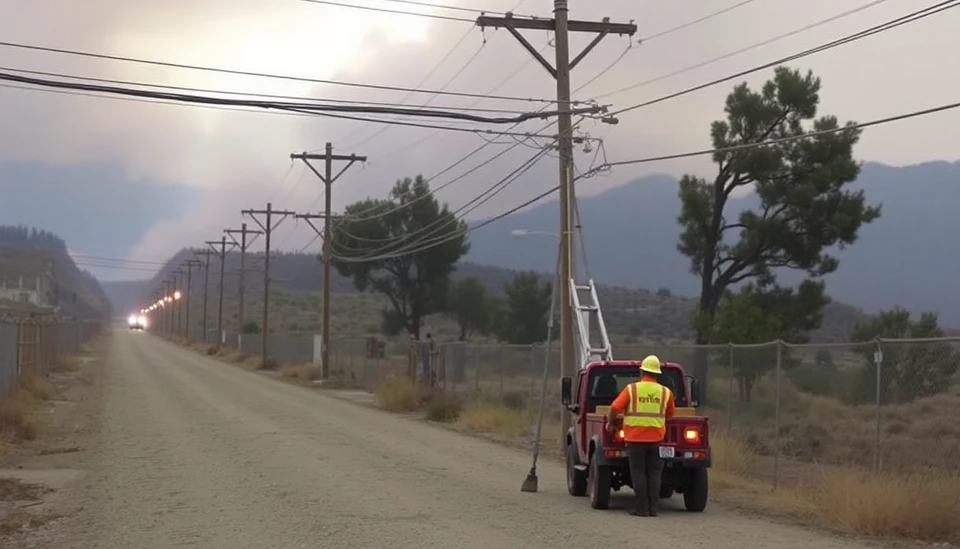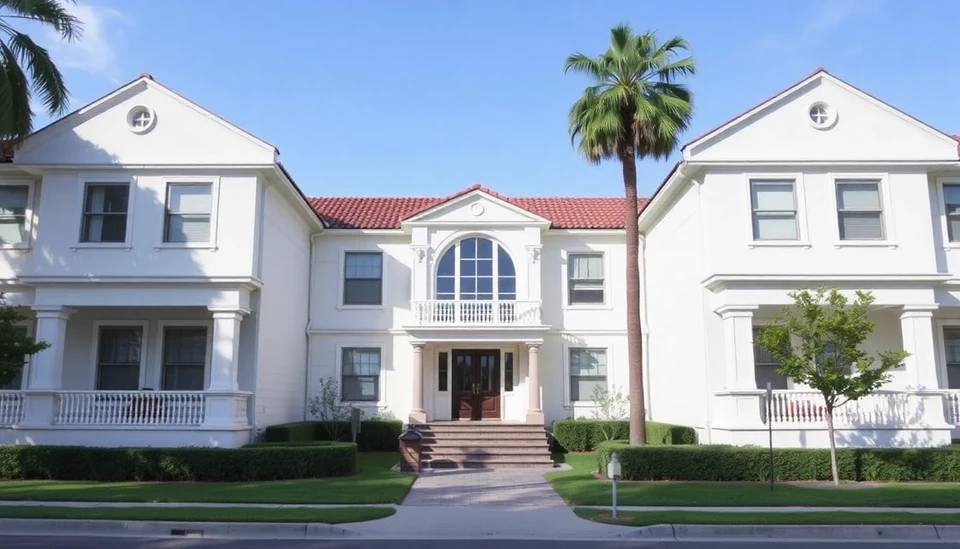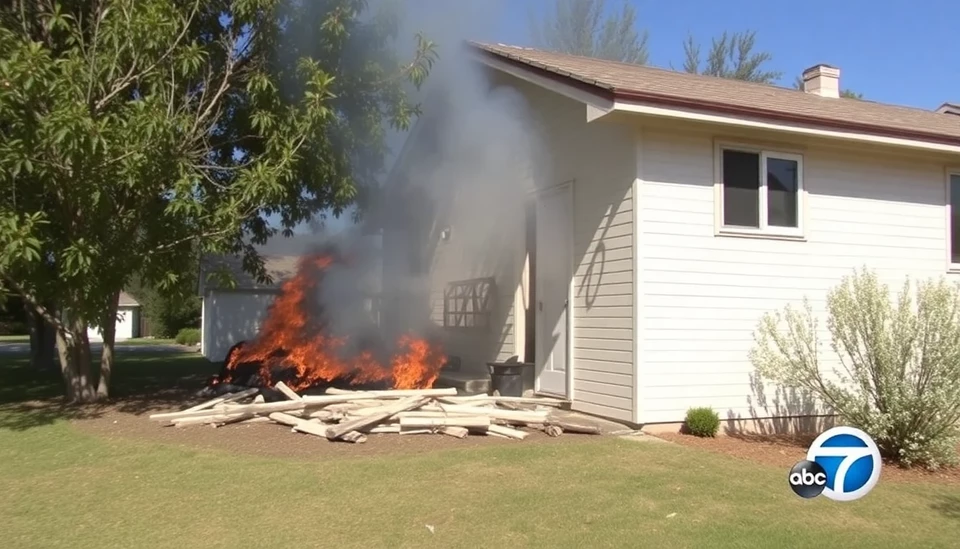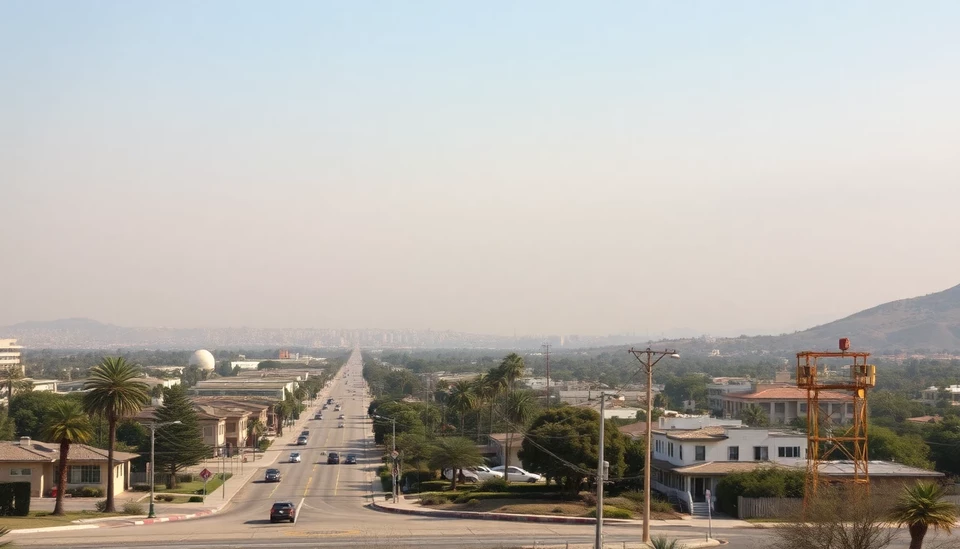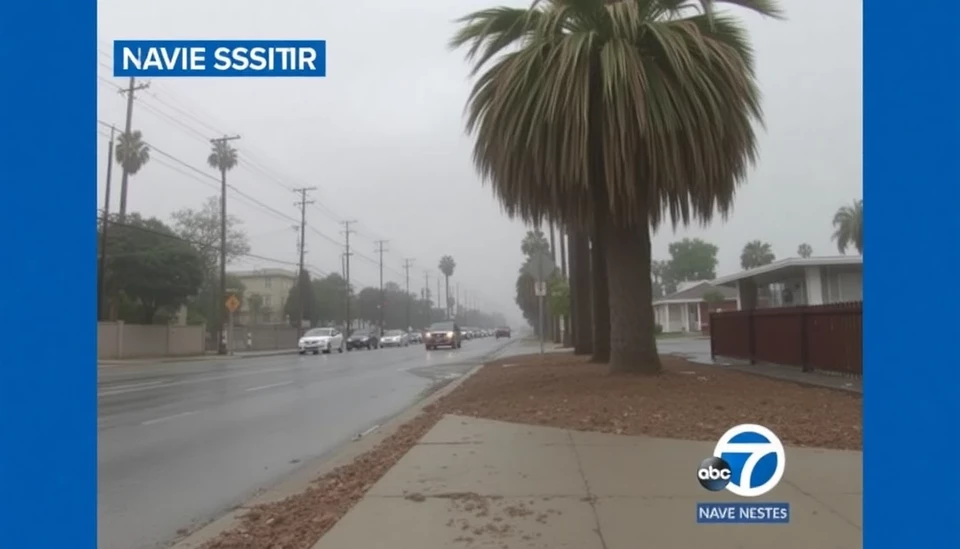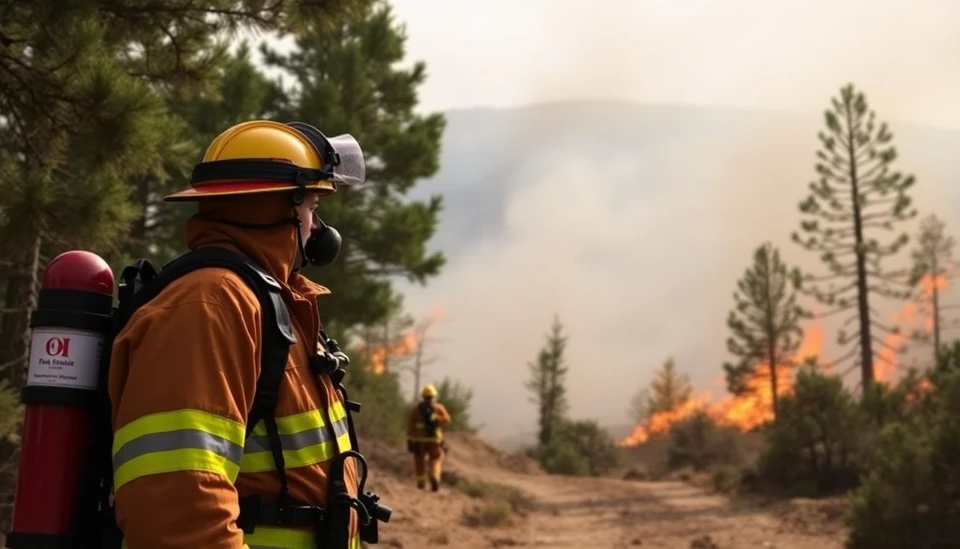
Recent fires raging across Los Angeles have ignited a fierce debate over the legitimacy and necessity of private firefighters, particularly among the wealthy communities that line the city’s picturesque hills. As the flames consumed thousands of acres and threatened homes, many affluent residents are considering the controversial option of hiring private fire services to protect their properties.
The catastrophic fires, fueled by a combination of dry conditions and strong winds, quickly spread, leading to devastating destruction in several neighborhoods. With emergency services stretched thin, the clamor for additional protection has led to affluent homeowners exploring private firefighting alternatives to the traditional public services provided by the city.
Private firefighting companies offer elite services, deploying teams equipped with specialized tools, water tanks, and other resources that can act swiftly to protect high-value properties. These services often come with a hefty price tag, sometimes costing individuals tens of thousands of dollars annually. However, proponents argue that the investment can safeguard homes, possessions, and peace of mind in the face of escalating wildfire risks.
Critics of this approach, however, argue that the rise of private firefighting creates a disheartening dual system. As wealthier homeowners gain access to superior firefighting resources, the standard public resources may suffer from decreased funding and attention, ultimately undermining the safety of less affluent communities that rely solely on public services. This growing disparity raises ethical concerns about equity in public safety and whether those who can afford to pay for additional services should do so while others are left to the mercy of overwhelmed emergency responders.
Some local officials argue that the deployment of private firefighting teams can be a necessary supplement to public services, especially during peak emergency situations when resources are finite. Others, however, worry that an over-reliance on private solutions may detract from the investment needed to strengthen public fire departments across all neighborhoods, regardless of economic status.
As the summer months approach, and with them the looming threat of wildfires, the conversation surrounding private firefighting shows no signs of abating. Homeowners are left grappling with a significant question: Is securing additional fire protection through privatization a prudent choice, or does it exacerbate existing public safety divides? The answer remains uncertain, but with each fire season, the debate is likely to heat up alongside the flames.
As wildfires become increasingly common in Southern California, experts continue to analyze the implications of shifting responsibilities for fire safety from public institutions to private entities and the potential long-term consequences this may have on community cohesion and overall fire management policies.
While the affluent may have the means to protect their properties from fire threats, the broader question of fire safety equity looms large. What remains to be seen is how the ongoing debate will shape future policies and whether private firefighting will be integrated into the broader framework of emergency management or if it will remain a niche solution for the privileged.
#LosAngeles #Wildfires #PrivateFirefighters #FireSafety #WealthInequality #CommunitySafety #EnvironmentalConcerns #PublicVsPrivate
Author: Peter Collins
